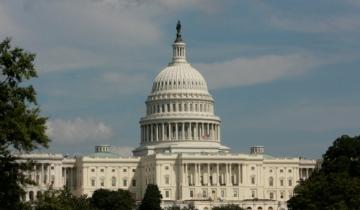The Trusted HR Experts
MRA’s Resources has everything you need, from sample HR policies, forms, job descriptions, toolkits, and articles – all designed to save you time! Expert information is just a click away, and you can download whatever you need. These documents have been created by HR professionals for HR professionals.
Resources and Tools

MRA Podcasts
Stay on top of the ever-changing world of HR with MRA's podcasts
Tools To Use
Latest Articles
Meet Our Team

Amy Weyker
HR Business Advisor

Amy Whittenberger
HR Business Advisor

Bryn Telzerow
HR Business Partner

Carolyn Potter
HR Business Advisor

Deb Larsen
HR Business Advisor

Heidi Wolverton
HR Business Advisor

Nicole Morehouse
Manager, HR Hotline

Rhonda Blum
HR Business Advisor

Sara Strohschein
HR Business Advisor

Tye Smith
Human Resources Business Partner











